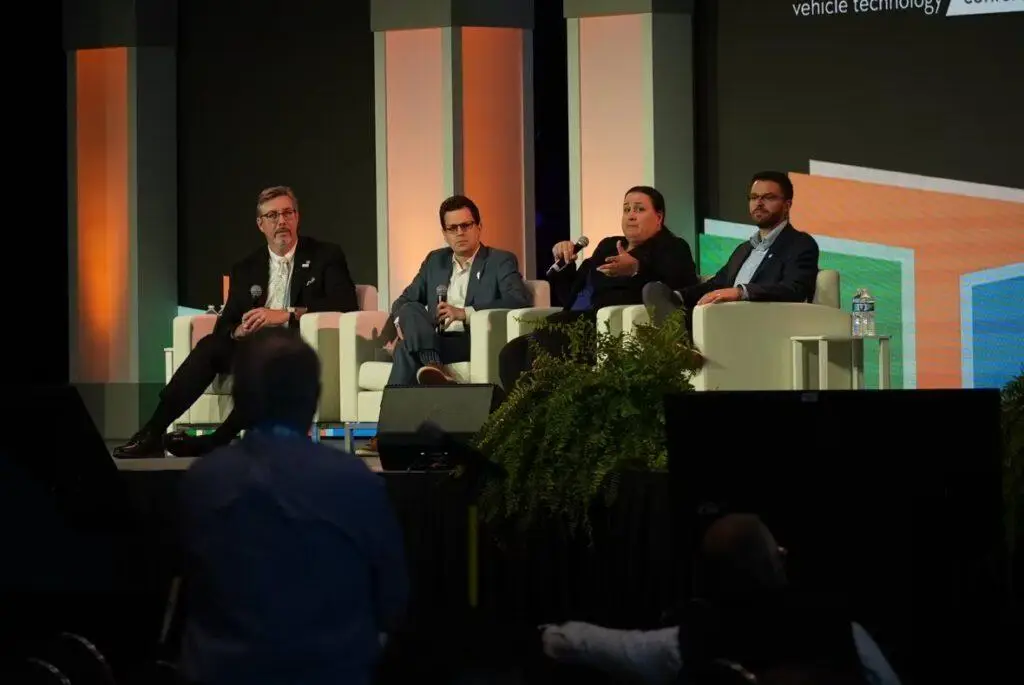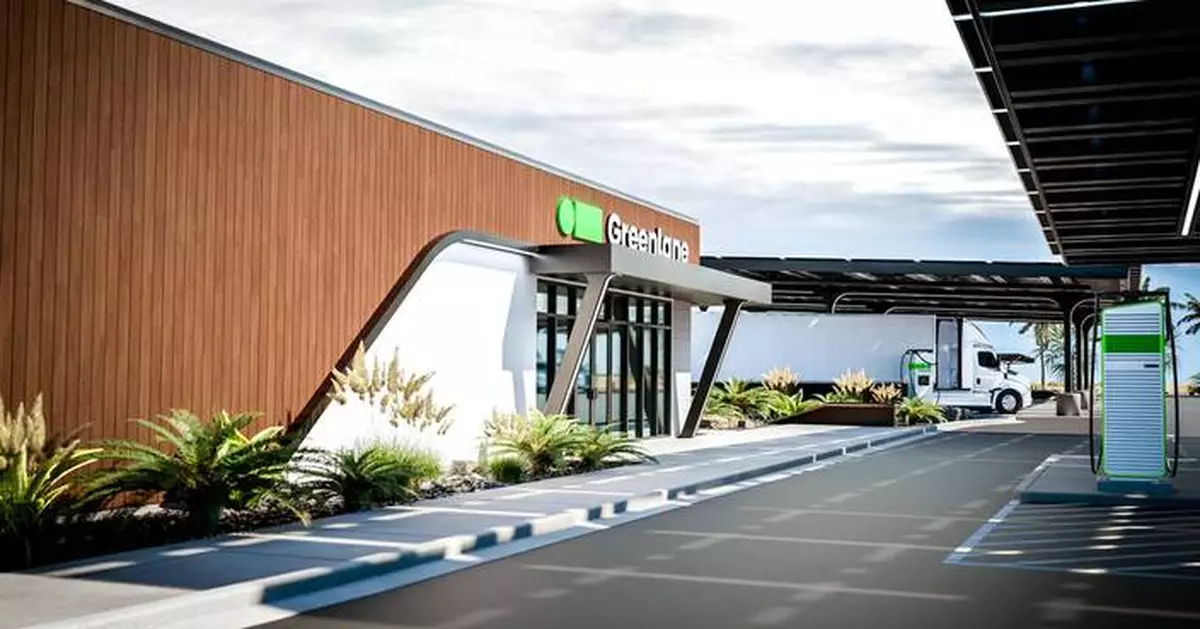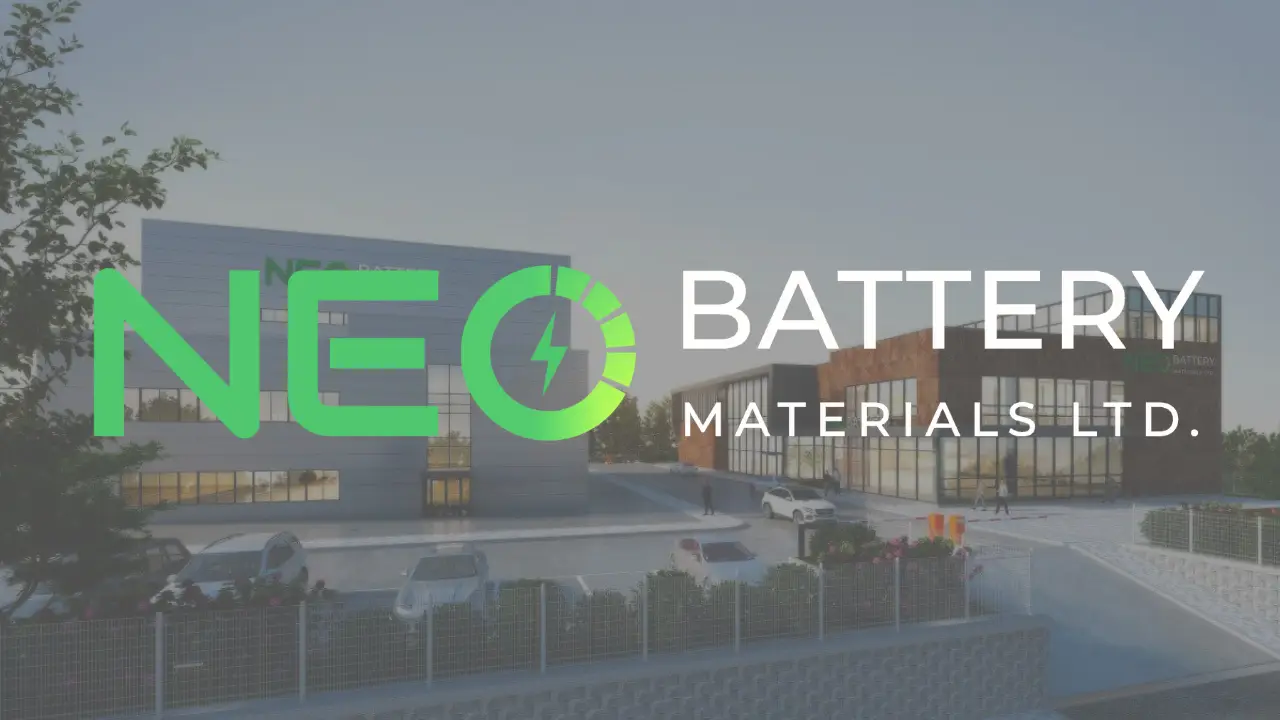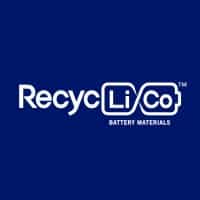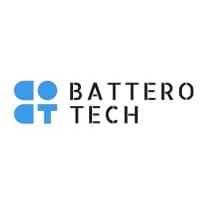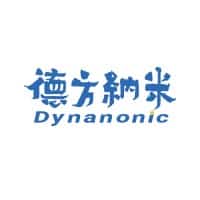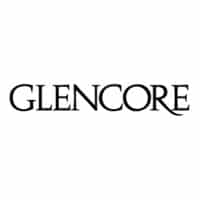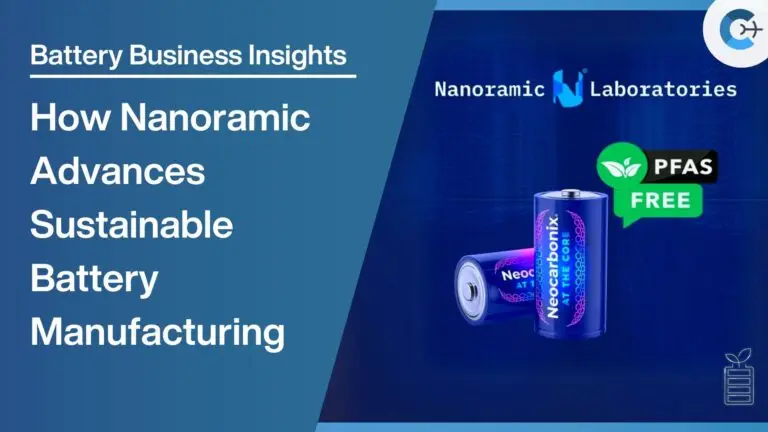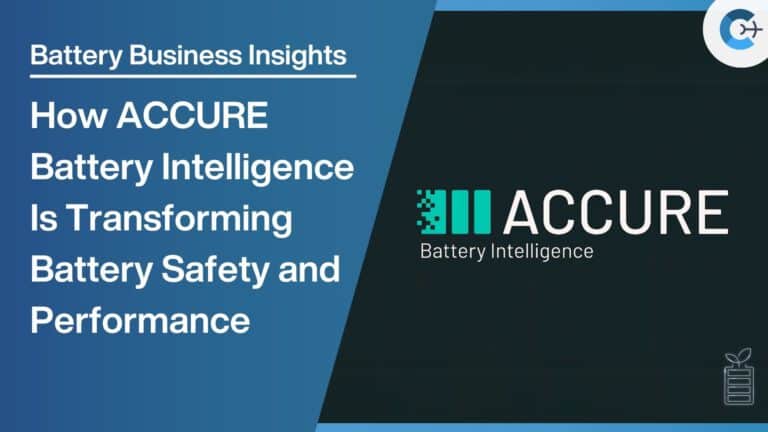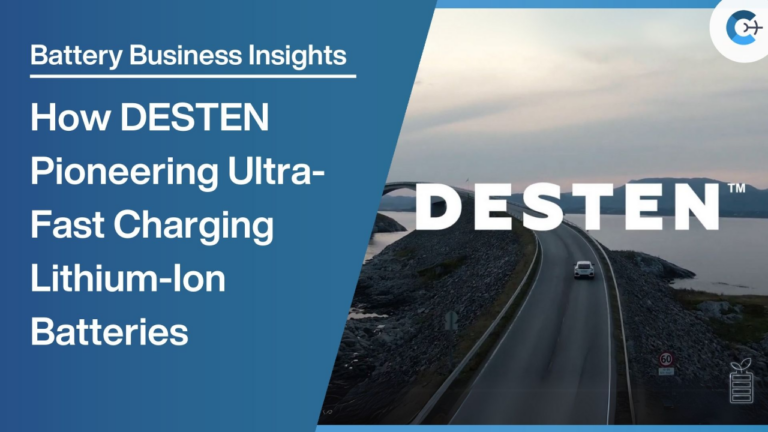On the floor of North America’s largest battery technology expo, The Battery Show, in Detroit, the push to electrify the automotive industry is evident. However, the excitement is tempered by concerns over the looming U.S. presidential election and its potential impact on industry policies.
With consumers demanding lower costs and increased reliability for electric vehicles, industry executives are cautious about making significant commitments before November’s election results. “There’s a number of folks concerned about overcommitting or undercommitting to different things over the past year,” said James Trevey, a battery supply chain expert. “The upcoming election has already caused a slowdown on a lot of things.”
Trevey, speaking during a panel on possible post-election policy shifts, emphasized that the election outcome could significantly influence the industry’s direction. “It may not be the end of the world, but it would be a slowdown in an industry trying to grow fast,” he added.
This sentiment was echoed throughout panels and workshops at the show, which was held in Detroit for the first time after years in Novi, Michigan. The event provided a timely platform to discuss the future of the automotive industry amid electoral uncertainties.
Suzanne Swink, vice president of government relations at clean energy company KORE Power, noted that if Republican nominee and former president Donald Trump is elected, policy changes are likely. “I don’t think it will be a sledgehammer approach; I think it will be a scalpel,” she said. Potential adjustments could include increasing tariffs on foreign vehicles or components, reducing tax incentives that have attracted battery manufacturers to the U.S., or altering environmental regulations on vehicle emissions.
In contrast, there is a belief that Democratic nominee Vice-President Kamala Harris would continue or expand programs that have been effective in bringing battery manufacturers and their supply chains to the U.S. One such initiative, known as 45X, offers qualifying companies a $45 tax credit for every battery cell and module produced. “It’s hugely important, and I think there’s enough bipartisan support,” Swink remarked.
This incentive, part of the 2022 Inflation Reduction Act, was instrumental for LG Energy Solution and Stellantis in renegotiating their agreement to establish a battery factory in Windsor, Canada.
LG Energy Solution is now about a year away from producing batteries at the Windsor plant. Timothy DeBastos, the company’s head of North American battery development, highlighted a recent achievement: an eight-minute charge for their latest battery under development. “We’re making progress through innovation,” DeBastos said, citing improvements in electric vehicle range over the past decade.
Despite advancements, challenges remain, such as the limited availability of fast-charging infrastructure across North America. DeBastos emphasized the company’s focus on scaling up production while maintaining quality. “We’re getting very close to achieving mass production and being able to make cells and modules at scale consistently,” he stated.
As the industry advances technologically, executives stress the importance of stable and predictable policies to sustain growth in the electrification of the automotive sector.

